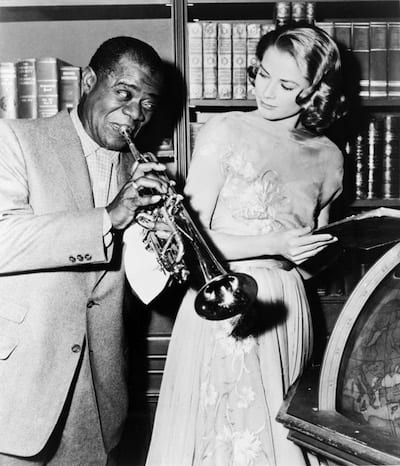Author: Philip Jackson
Interviewer: Kyle Saunders
Philip Jackson explores how the U.S. government, beginning in the Eisenhower era, began sending prominent jazz artists overseas to Cold War strategic zones, hoping to represent American culture in a positive light, and to obscure America’s racial issues on the global stage. These diplomatic tours were extremely popular, and jazz soon became an international sensation. However, Soviet resistance, the non-alignment politics of the third world, and the often clashing political ideals of the jazz artists themselves would complicate the government’s ability to harness international goodwill through jazz.

